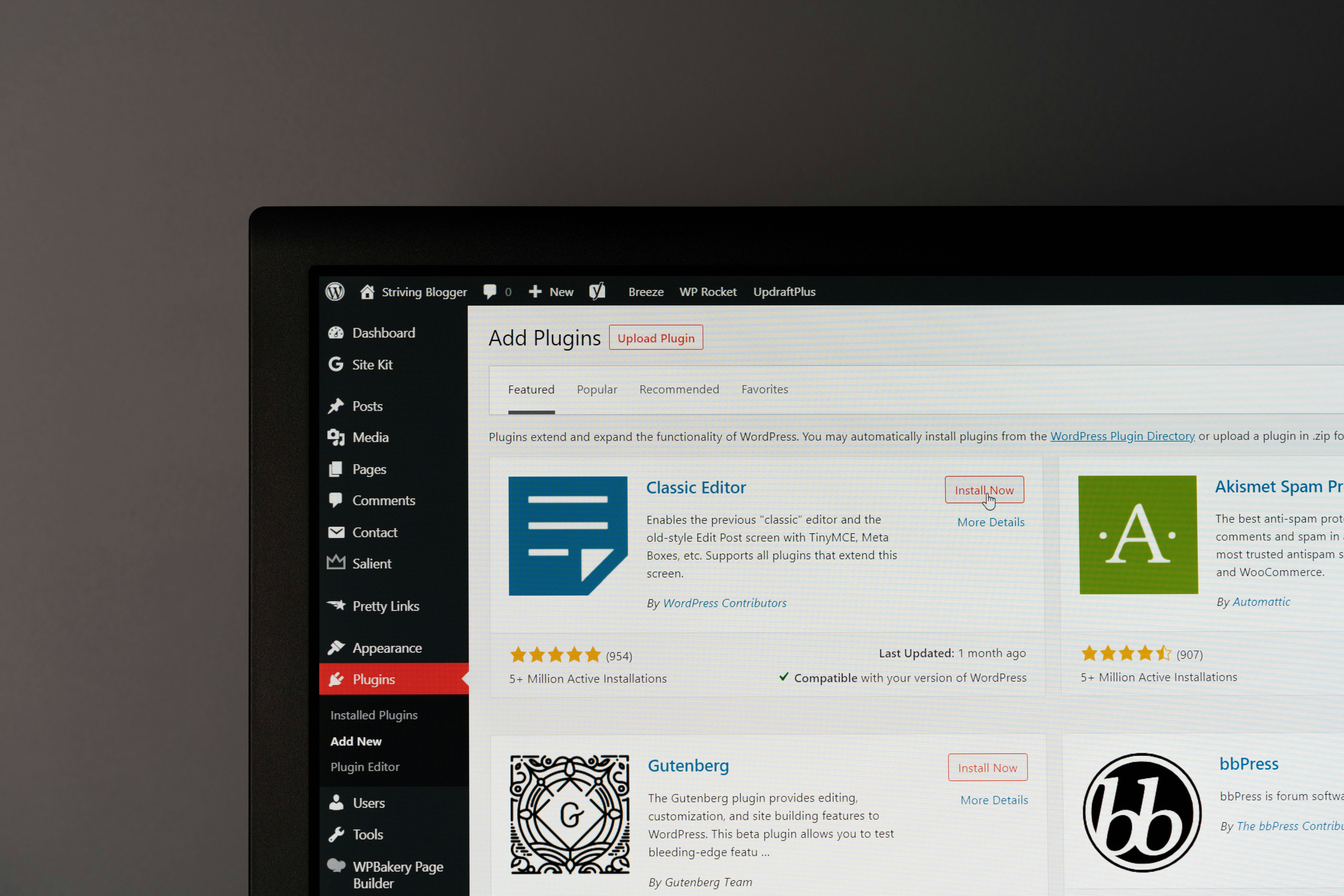Importing Products to Ecommerce Stores: A Guide to Localization and Plugins
November 19, 2023 | by productsimport.io
 Photo by Justin Morgan on Unsplash
Photo by Justin Morgan on Unsplash Introduction
Welcome to our blog, where we will be sharing our experiences and insights on importing products to Ecommerce stores. Whether you are using WooCommerce, PrestaShop, Shopify, or any other platform, this blog aims to provide you with valuable information on product localization and the use of plugins.
The Importance of Product Localization
When it comes to running an Ecommerce store, one of the key factors for success is offering products that resonate with your target audience. Product localization involves adapting your products to meet the cultural, linguistic, and market-specific needs of your customers.
By localizing your products, you can enhance the customer experience, increase customer trust, and improve sales. It allows you to tailor your product descriptions, pricing, and even shipping options to better suit your target market.
Choosing the Right Plugins
Plugins can greatly simplify the process of importing products to your Ecommerce store. They offer a range of features and functionalities that can help streamline your workflow and optimize your product listings.
When selecting plugins, consider the specific needs of your store and the platforms you are using. Look for plugins that offer seamless integration with your chosen Ecommerce platform and provide the necessary features for product localization.
Some popular plugins for product import include:
- Product Import Export for WooCommerce
- Store Manager for PrestaShop
- Product CSV Import Suite for Shopify
Our Experience and Tips
Throughout our journey of importing products to Ecommerce stores, we have learned valuable lessons that we would like to share with you. Here are some tips to consider:
1. Research and Identify Reliable Suppliers
Before importing products, it is crucial to research and identify reliable suppliers. Look for suppliers who offer quality products, competitive pricing, and efficient shipping options. Consider factors such as their reputation, customer reviews, and their ability to meet your localization needs.
2. Optimize Product Descriptions
When localizing your products, pay attention to the product descriptions. Use language that resonates with your target audience and highlights the benefits and features that are most important to them. Consider hiring professional translators or localization experts to ensure accuracy and cultural sensitivity.
3. Test and Monitor Performance
After importing products, it is essential to continuously test and monitor their performance. Keep track of sales, customer feedback, and any issues that arise. This will allow you to make necessary adjustments and improvements to optimize your product offerings.
4. Stay Updated with Plugins and Platform Updates
Regularly update your plugins and Ecommerce platform to ensure compatibility and access to the latest features. Stay informed about any updates or new releases that can enhance your product import process and overall store performance.
Conclusion
Importing products to Ecommerce stores can be a complex process, but with the right approach and tools, it can be streamlined and efficient. By focusing on product localization and utilizing appropriate plugins, you can enhance your store’s offerings, improve customer satisfaction, and drive sales.
Stay tuned to our blog for more insights, tips, and experiences as we continue to navigate the world of product importation for Ecommerce stores.
RELATED POSTS
View all
